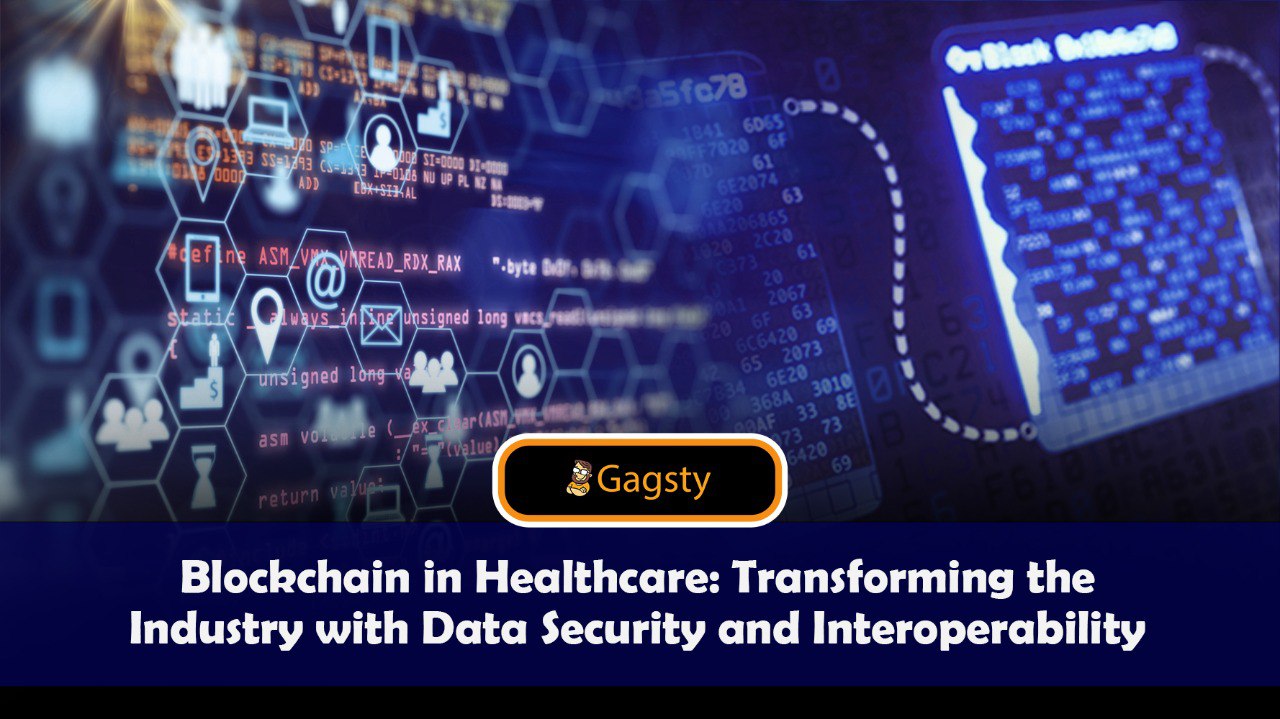
Blockchain technology has the potential to revolutionize the healthcare industry by addressing critical challenges such as data security, interoperability, and patient privacy. In this tutorial, we will explore the role of blockchain in healthcare, examining how it can transform the industry through enhanced data security and interoperability.
- Understanding Blockchain Technology:
- Introduction to Blockchain: Provide a brief overview of blockchain technology, explaining its decentralized and immutable nature, and its potential applications in various industries.
- Key Components of Blockchain: Discuss the essential elements of blockchain, including blocks, cryptographic hashing, consensus mechanisms, and smart contracts.
- The Need for Blockchain in Healthcare:
- Data Security and Privacy Concerns: Highlight the vulnerabilities of traditional healthcare systems, such as data breaches and unauthorized access to patient information.
- Interoperability Challenges: Discuss the limitations of current healthcare systems in terms of data sharing and interoperability, leading to fragmented patient records and hindered care coordination.
III. Benefits of Blockchain in Healthcare:
- Enhanced Data Security: Explore how blockchain can provide robust data security by employing encryption, decentralization, and immutability, ensuring the integrity and confidentiality of patient data.
- Improved Interoperability: Discuss how blockchain can facilitate secure and seamless data exchange among different healthcare providers and systems, promoting interoperability and enabling comprehensive patient records.
- Efficient and Transparent Claims Processing: Explain how blockchain can streamline and automate claims processing, reducing administrative overhead, eliminating fraud, and improving efficiency.
- Patient-Centric Data Control: Highlight how blockchain-based systems can empower patients by giving them control over their health data, allowing them to grant access to healthcare providers and researchers on a need-to-know basis.
Use Cases of Blockchain in Healthcare:
- Electronic Health Records (EHR): Explore how blockchain can revolutionize EHR systems by providing a secure and tamper-proof platform for storing and sharing patient records.
- Clinical Trials and Research: Discuss the potential of blockchain in streamlining clinical trial processes, ensuring data integrity, and enabling secure and transparent research collaborations.
- Drug Supply Chain Management: Explain how blockchain can enhance drug traceability and supply chain management, reducing the risk of counterfeit drugs and improving patient safety.
- Medical Credentialing and Licensing: Highlight how blockchain can simplify and automate the verification and validation of healthcare provider credentials and licenses, improving trust and reducing administrative burdens.
Challenges and Considerations:
- Regulatory and Legal Implications: Discuss the regulatory challenges associated with the adoption of blockchain in healthcare, including privacy regulations and compliance with existing laws.
- Scalability and Integration: Address the scalability limitations of blockchain technology and the need for seamless integration with existing healthcare infrastructure.
- Future Outlook and Implications:
- Collaboration and Standardization: Highlight the importance of collaboration among healthcare stakeholders, technology providers, and policymakers in developing standards and frameworks for blockchain implementation in healthcare.
- Ethical Considerations: Discuss the ethical implications of blockchain in healthcare, including the protection of patient privacy and the responsible use of health data.
Conclusion:
Blockchain technology has the potential to transform the healthcare industry by addressing critical challenges related to data security, interoperability, and patient privacy. By leveraging the decentralization, immutability, and transparency of blockchain, healthcare organizations can enhance data security, streamline operations, and improve patient care. However, the successful adoption of blockchain in healthcare requires collaboration, regulatory clarity, and an understanding of the ethical considerations involved. As the industry embraces blockchain technology, we can envision a future where healthcare data is secure, interoperable, and patient-centric, leading to better health outcomes and a more efficient healthcare ecosystem.
Leave a Reply